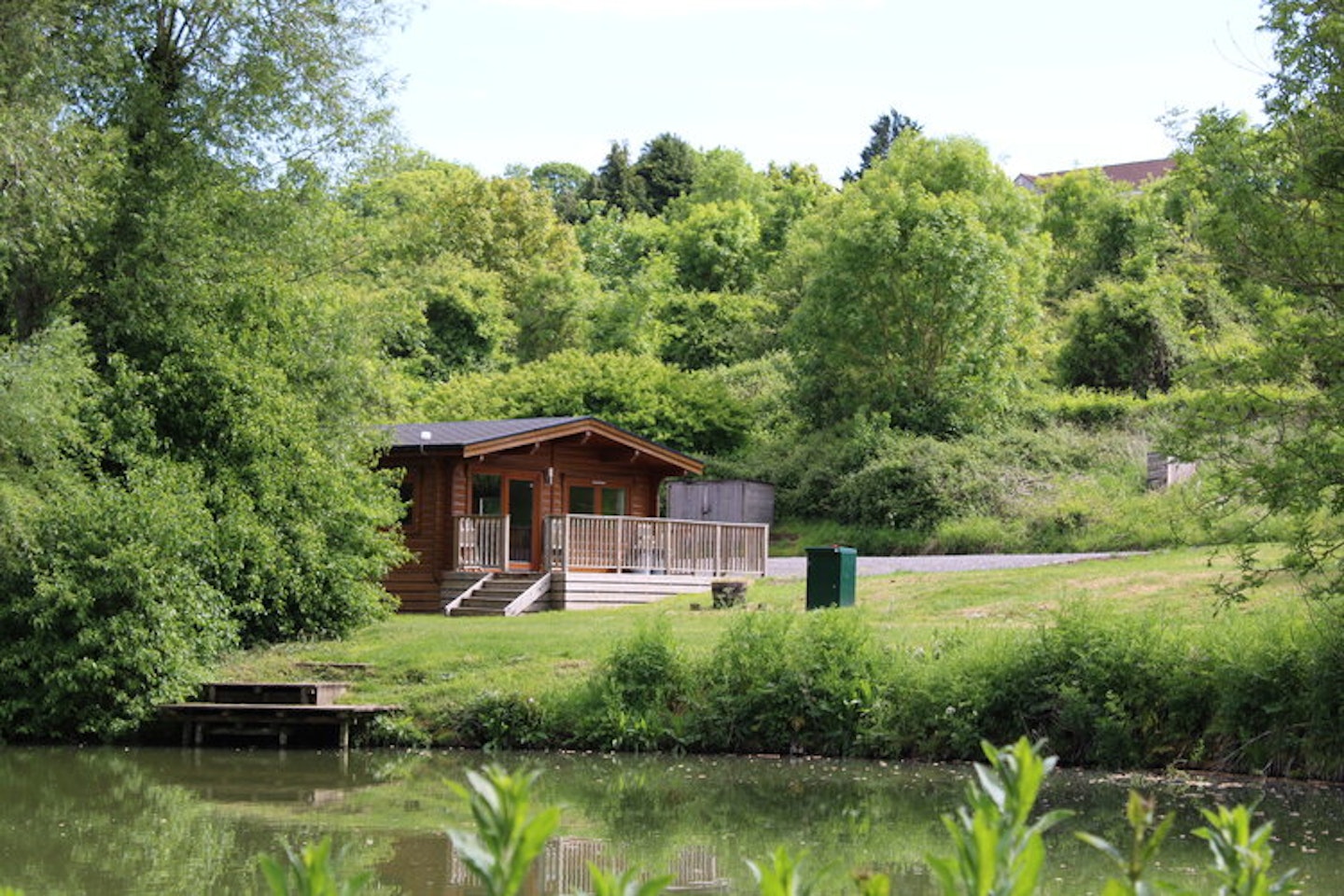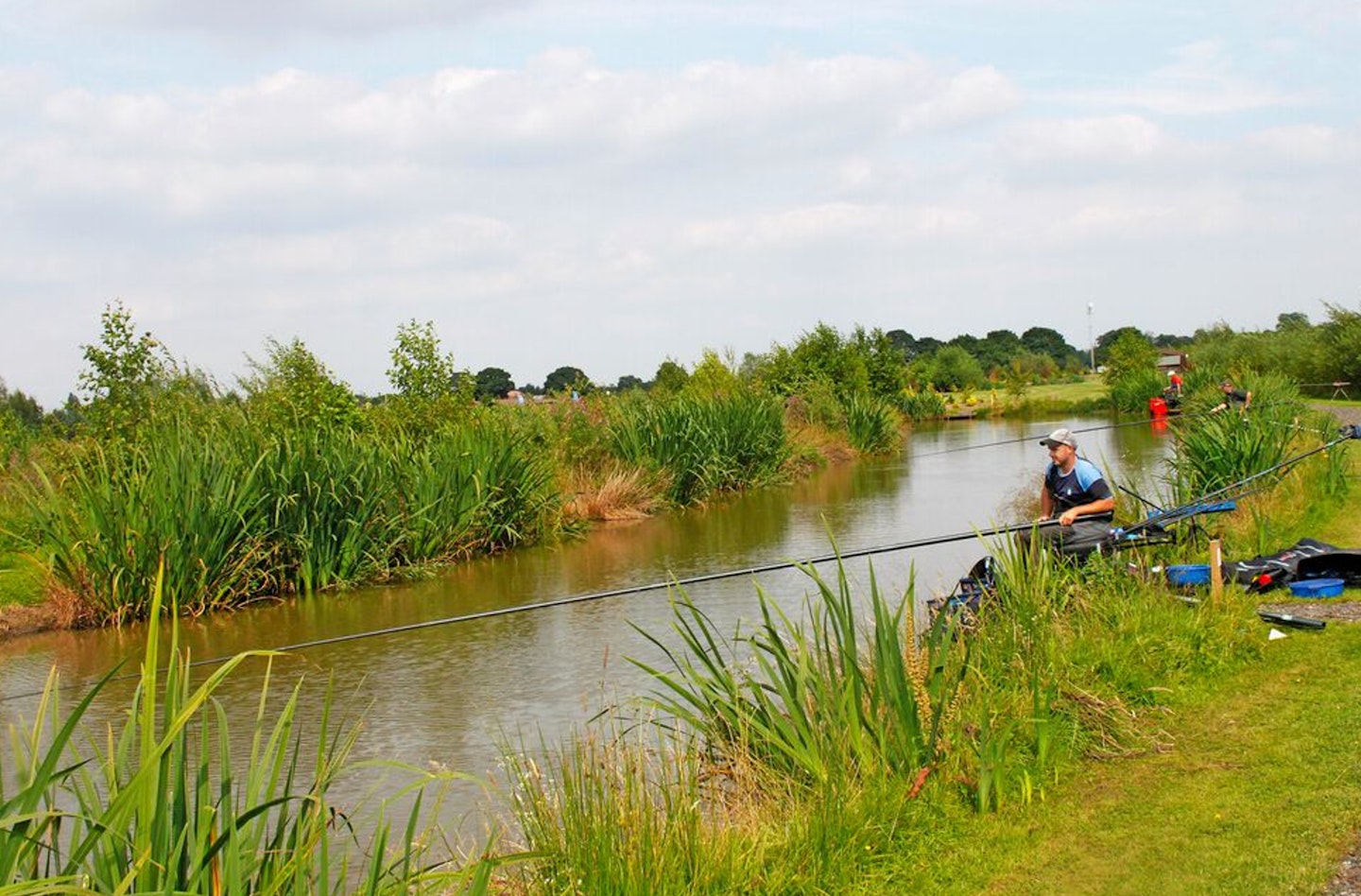THE boom in pleasure fishing, and the ever-increasing size of the fish in our commercials, has prompted some venues to change track and cater for a different type of angler.
Few could have predicted the impact of commercials on the way we fish. To begin with these businesses profited from thousands of match anglers who’d attend year-round and catch weights beyond their wildest dreams. Now, though, some fisheries are changing the way they operate.
LESS INTENSIVE WORKLOAD
Somerset’s Viaduct has been a commercial heavyweight for years, but things have changed, as owner Steve Long revealed.
“We don’t hold qualifiers for big events any more, and have only one lake out of six where we allow matches. In the past, half the complex would be taken up by match anglers on a weekend, but we’re now catering more for holidaymakers and pleasure anglers,” he said.
The fishery has log cabins for visitors to stay in, and Steve revealed more are on the way.
“I’m 55 now and have run the fishery for 21 years with my family,” he added.
“We want our lives back, and it’s time to chill out a bit. With pleasure anglers and holidaymakers, we can do that.”
Not only do these anglers make things a bit calmer for Steve and the team, but he reckons they’re also better for business.
“Pleasure anglers turn up with two rods and fish for the carp,” he said.
“They pay an extra £5 to fish a second rod, and spend plenty more in the shop on bait and tackle. I’ll sell a waggler rod to a dad and lad, and they’ll have a great day catching loads of silverfish on floatfished maggots. The next weekend they’ll be back, but this time they want to catch carp. Fishing has changed and, as a business, we have to adapt.”

GROWING STOCKS
Similar changes have taken place at Gold Valley Lakes in Hampshire, which has also significantly reduced the number of matches held – but for slightly different reasons, as owner John Raison revealed.
“We used to hold matches five days a week, and you quickly realise how much time fish are spending in keepnets,” he says.
“It’s not fair on them, so we’ve now cut down to just two opens on Wednesdays and Saturdays, and these are regular sell-outs.”
The fish in some lakes at Gold Valley are now so big that John feels they’re not suitable for match anglers, and has stopped taking bookings for club matches.
“We have lots of 20lb fish, and you need proper gear to handle them,” he says.
“Putting them in a keepnet and dragging them up the bank at the end of a match isn’t the way to do it. By hosting only our own contests, we can monitor what’s going on.”

Like Steve at Viaduct, John has stopped hosting qualifiers for big events.
“You’d get people whingeing and moaning, and have anglers not turning up to their pegs,” he said.
“This puts people off, and it’s not something we wanted.”
‘WE’D MISS THE BANTER!’
Not all fisheries have made the switch away from match fishing. Partridge Lakes remains one of the North’s leading match venues, although owner Barbara Ikin can understand the appeal of focusing on pleasure anglers.
“Over lockdown, when match fishing was banned, I must admit that everything was so much easier!” she said.
“Hosting matches is hard work. It takes hours to do the pegging, weigh everyone in and put the results online. With pleasure anglers, they’ll generally come in, buy their ticket and a few bits from the shop and get on with the fishing. But with match anglers there’s much more banter before and after the match. They’ll chat with our team, and when they were away, the staff all realised how much we missed it!”

In addition, Barbara realised that by switching solely to catering for pleasure anglers, the balance sheet of the fishery could be impacted.
“On a bright sunny day we’ll be full with pleasure anglers, but when it rains, the fishery will be empty,” she said.
“Match anglers, though, will be out on a Tuesday in the pouring rain. Our regulars are serious anglers who love the competitiveness. We also have lots of club match bookings, many of which are made years in advance.
“Overall, we try to keep an even split between 50 per cent match angling and 50 per cent pleasure fishing. This keeps things balanced,” Barbara added.
